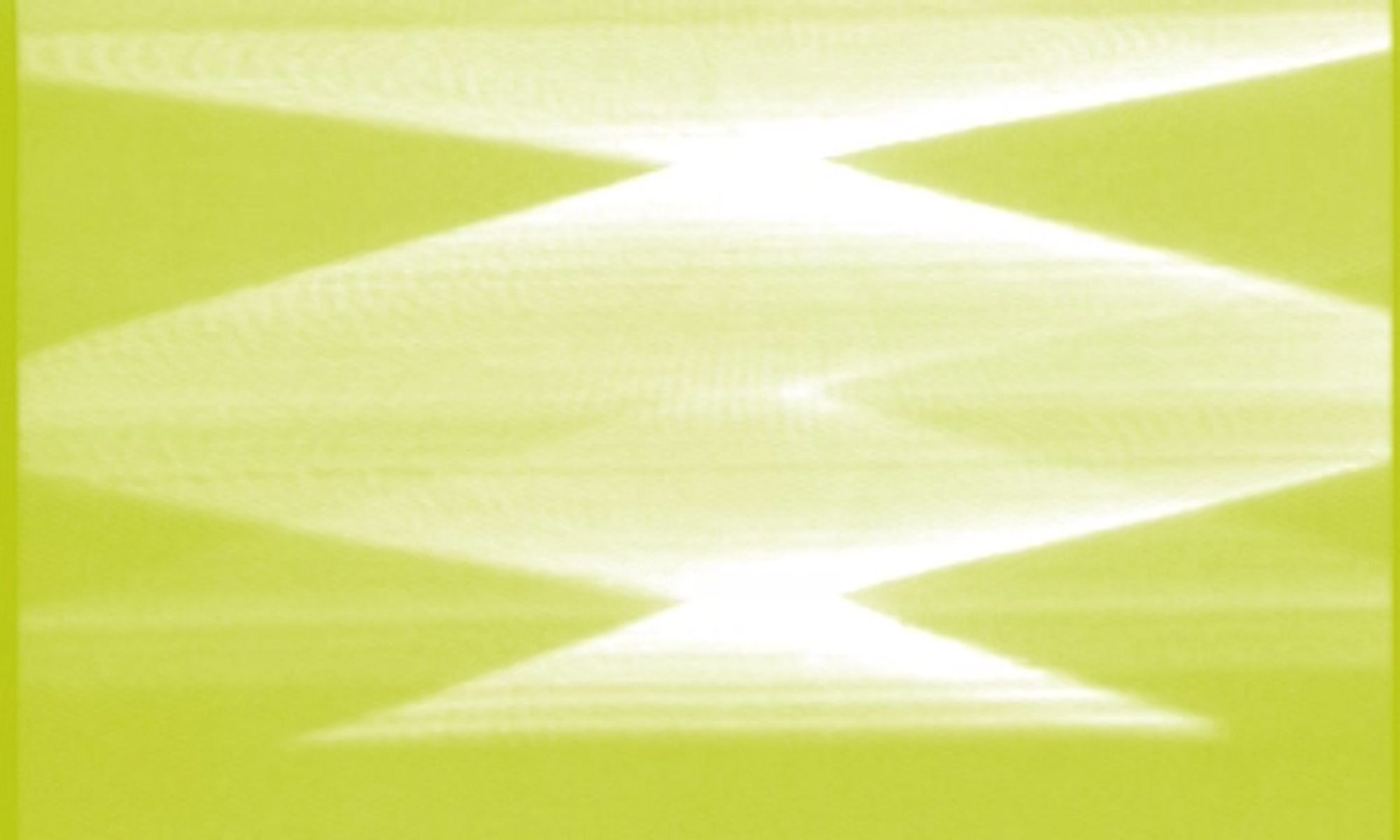Decolonize / land / place + Infrastructure as a lens
Francisco Huichaqueo, Mapuche filmmaker/artist
Mencer Ñi Pewma by Huircaqueo, with Spanish subtitles:
Mencer with English subtitles:
The Decolonial Atlas is a growing collection of maps which, in some way, help us to challenge our relationships with the land, people, and state. It’s based on the premise that cartography is not as objective as we’re made to believe. The orientation of a map, its projection, the presence of political borders, which features are included or excluded, and the language used to label a map are all subject to the map-maker’s bias – whether deliberate or not. Because decolonization is a process of unlearning and rediscovering, we’re especially committed to Indigenous language revitalization through toponymy – the use of place name
// What Indigenous land am I on?
https://native-land.ca/

// Forensic Architecture – Eyal Weizman’s research group
// Decolonize This Place – artist collective
Visualizing Palestine
Visualizing Palestine – Visuals
Visualizing Palestine – interactive graphic showing their process

// JUST SEEDS artists’ collective working often with print

by Jesus Barraza
Art & Politics
// Occupation of Malheur Wildlife Refuge
Malheur, Part I: Sovereign Feelings, by Anthony McCann, LA Review of Books
Malheur, Part II: “Ours but Not Ours”
INFRASTUCTURE AS A LENS
World of Matter project
Ursula Bieman video and art projects
In Comparison – film by Harun Farocki (2007)
[building infrastructure]
excerpt with German titles: https://www.youtube.com/watch?v=-TvLdK_srHk
The Forgotton Space – film by Allan Sekula
[shipping infrastructure]
At Sea – film by Peter Hutton
[shipping infrastructure]
https://www.youtube.com/watch?v=rM4V7lAy74M
Manufactured Landscapes – film by photographer Edward Burtynsky (2008)
[waste (electronic, industrial, manufacturing) infrastructure]
Abendland – film by Nikolaus Geyrhalter
[technology and security infrastructure]
Ecumenopolis: City Without Limits – film by Imre Azem
[infrastructure of megacities, Istanbul and beyond]

